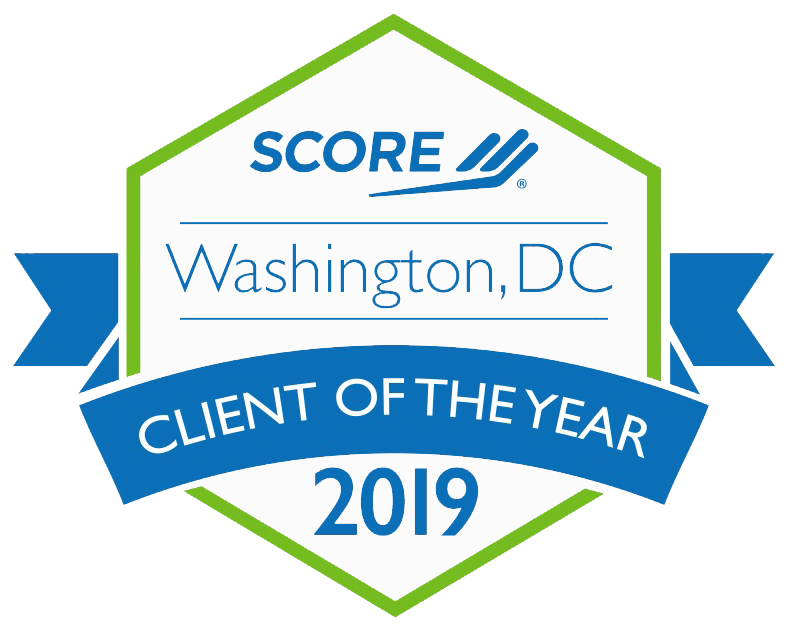What’s the big idea?
We have all seen the news – children in cages, families split up the border, and funding earmarked towards building a wall between the Mexican and United States border. The problems are massive, and only appear to be getting worse. While we may not be able to change policies at this point, what are we doing with people who are undocumented immigrants, those who came here legally and those who are refugees? There is a lot of fear, and this is impacting many of those in our sector. In order to figure out how some communities are addressing this, I spoke with Kathy Steven, Executive Director of Montgomery Coalition for Adult English Literacy (MCAEL) and she was able to share how Montgomery County, Maryland, a culturally and ethnically diverse community, is addressing this issue.
BIG QUESTION:
How are nonprofits addressing immigration reform at the local level?
News we can use

Since MCAEL knew that many of their clients (i.e. individuals taking ESOL classes) were going to be impacted by the immigration policies, they hosted two meetings with other Montgomery County education service providers. The focus of these meetings was for providers to come together and share information, as well as collaborate on next steps. Once these meetings were convened, it became clear that there was a great deal of misinformation and they were all aware of the challenges their clients have been facing. To this end, the providers developed a PowerPoint to detail information about each immigrant subgroup (i.e. DACA, undocumented immigrants) and useful information they can share with their clients. This was a first step in attempting to deal with a much larger Federal policy issue.
Montgomery County’s Immigration Resource Center also offered more up to date information, and goes beyond resource sharing, and more about immigrants’ rights and how providers can navigate the muddy waters so as to be in legal compliance. The key thread through all of this is for immigrants to know their rights and when to take action.
What makes this whole process even more challenging is that the political leanings of each County Executive, Mayor and other elected officials will impact how immigrants are treated in each community. While some, such as the Montgomery County Executive, Mark Elrich, offer compassion and acceptance of immigrant individuals and families, others have a different viewpoint as to how to address the growing crisis.
What should we learn from this?
It is important to understand what is fact as many immigrants do not receive accurate information and are left trying to figure out what to do.
Nonprofits are taking the steps to advocate on behalf of their clients, and also provide them with the tools to advocate for themselves.
Stay informed so that you can be aware of any changes or potential challenges.
How would you partner with other providers to support a vulnerable population during a shifting political landscape?





